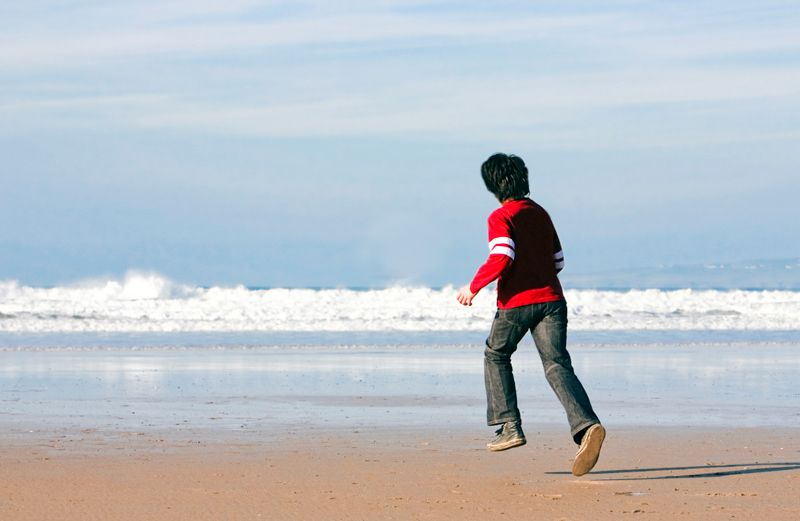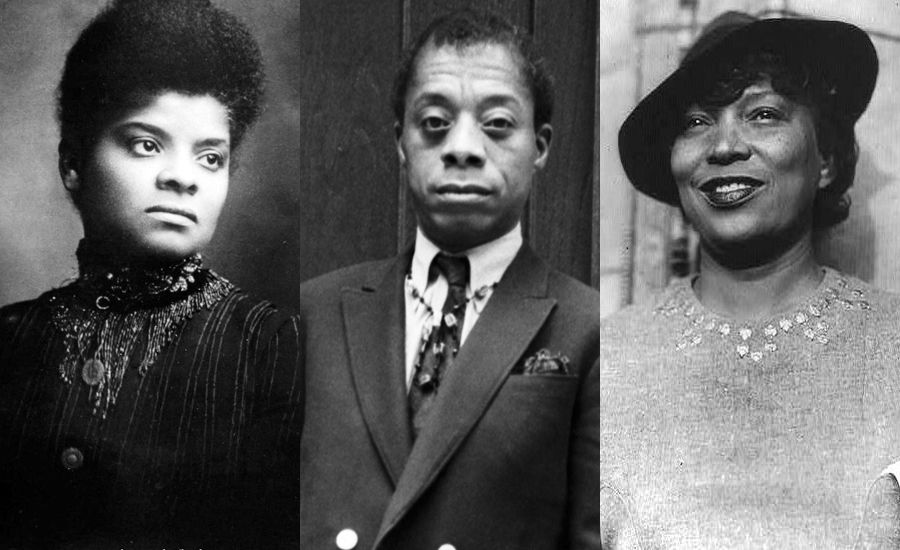Driving to the Detroit airport a few weeks ago, I noticed a large billboard that read, “All saints have a past.” I immediately thought of St. Augustine’s life of debauchery and reputation as a partier, his stealing pears from the neighbor’s tree and fathering an illegitimate son. I remembered St. Angela of Foligno’s materialistic obsessions, Mary of Egypt’s prostitution, Mother Teresa’s spiritual drought and Therese of Lisieux’s irritability with another sister’s annoying habits.
We often think of the saints as perfect figures: clad in religious garb, with halos on top of their heads, and made of material different from the organs and flesh that define you and me. Rarely do legends highlight their intense struggles, weaknesses, and failures—the stuff of humanity that gets messy and makes us vulnerable.
Saints Aren’t Superhumans
When I was in grade school, I used to dress up like Wonder Woman, using tinfoil for steel bracelets and a crown, tying a red sheet around my neck as a cape. I would jump off the couch pretending I could fly, pointing at inanimate objects, as if I could bring them to life. Then, I would switch into the nun outfit my grandmother made me for Halloween and pretend I was St. Therese, my patron saint. Both costumes temporarily endowed me with superpowers, by which I established a protective shield, between me and fellow mortals (my sisters).
But I had it wrong. Saints aren’t superheroes.
They are humans.
In his book All Saints, Robert Ellsberg writes, “Despite the supernatural effects that may adorn their legends, what comes through again and again is their humanity. They experienced doubt, weakness, loneliness, and fear—just like the rest of us. But ultimately their lives were organized around higher principles—the human capacity for love, for sacrifice, and generosity.”
Ellsberg goes on to explain how “saints are not perfect humans,” but instead, “became authentic human beings, endowed with the capacity to awaken that vocation in others.”
Saints Teach Us to Persevere
Because saints are human beings who have achieved holiness using the cards that they were dealt, they are excellent role models of perseverance. They have persisted against armies of enemies, unfair accusations and persecutions, and temptations of all kind. They continued to seek goodness, truth and beauty, even when their faith and vocation made zero sense.
Mary, the Mother of God, said yes to the angel Gabriel when an unexpected pregnancy erased the plans she had made for herself as an upright maiden of her time and, as Simeon’s prophecy foretold (Luke 2:25) continued to bear the price that often comes when we let God drive the car. Monica, Augustine’s mother, teaches parents how to pray constantly and often for our children. At the age of 31 not only did her son convert and join the priesthood, he became a Doctor of the Church and the patron saint of brewers and beer. The Carmelite mystic St. John of the Cross didn’t let his harsh imprisonment inside a Spanish prison keep him from experiencing the love of God and writing poignantly about pursuing holiness in the face of suffering from within his cell (“The Dark Night”).
A few minutes after I passed the billboard in Detroit, I looked in the rearview mirror. The other side read, “All sinners have a future.”
All Saints Day is an opportunity to think about the significance of that message. Every one of us gets a chance to be holy… even a saint. Those with a past need only to begin again.





